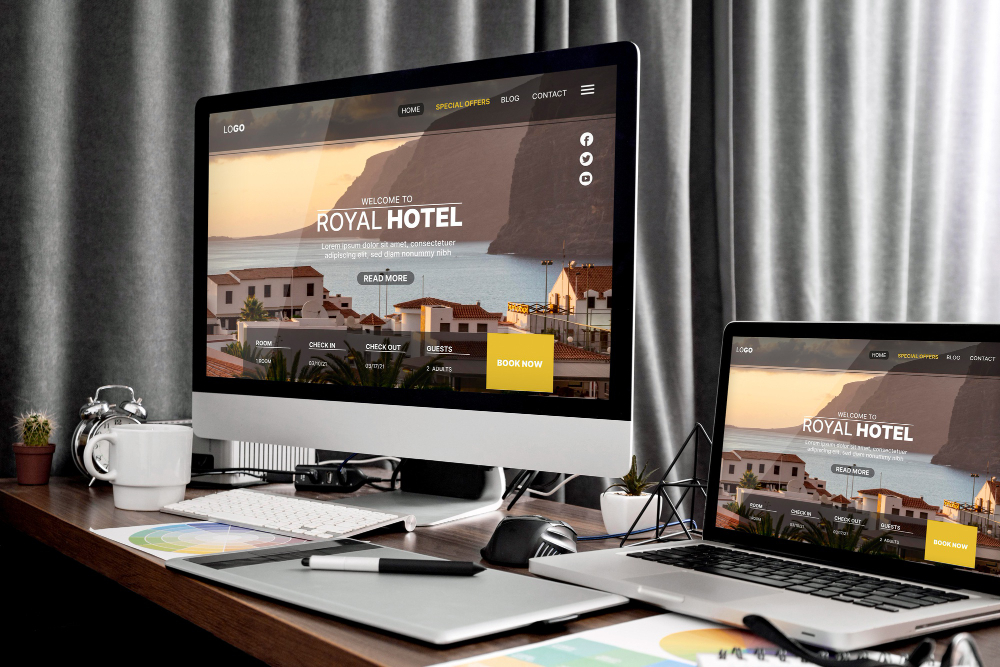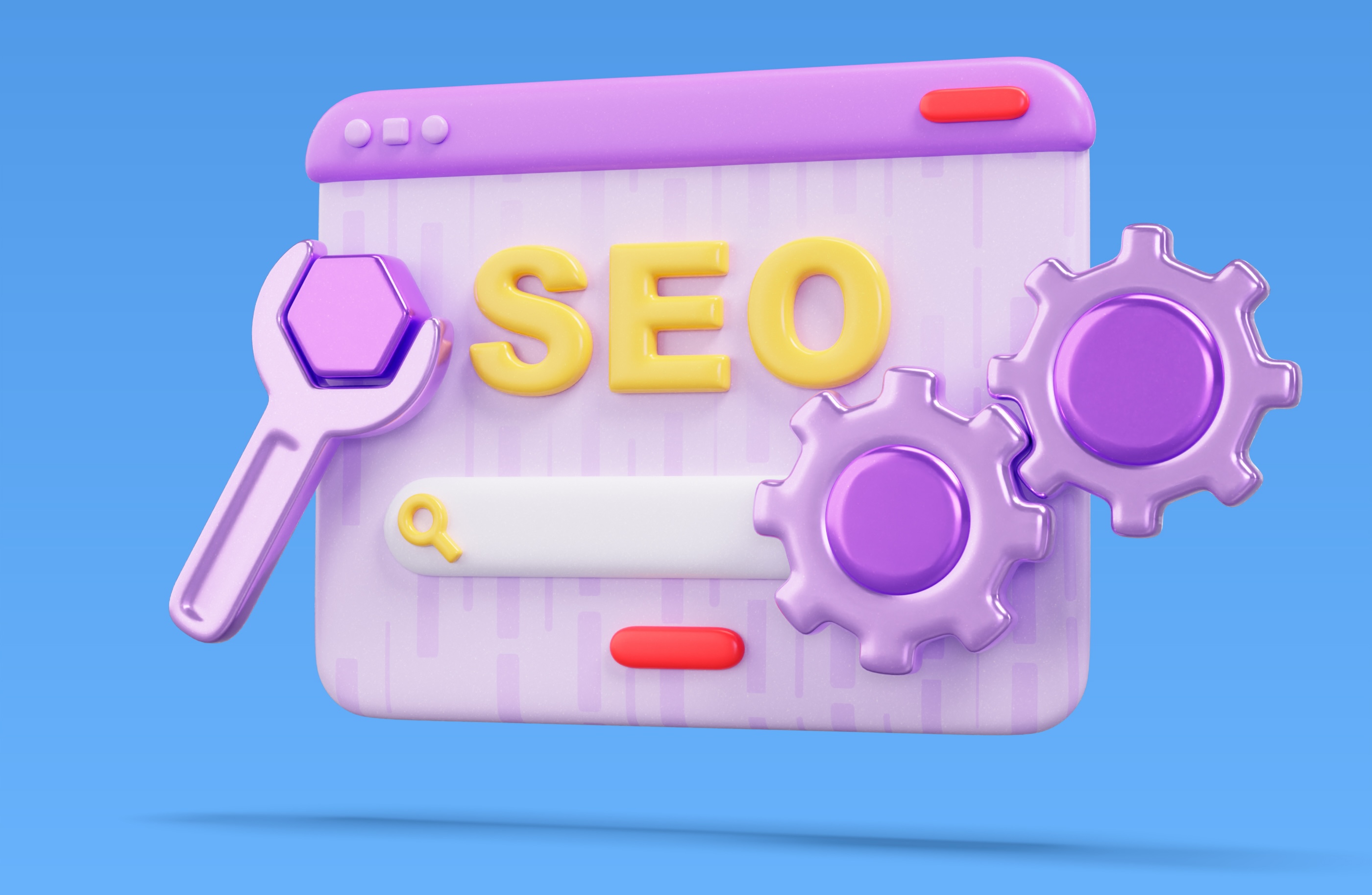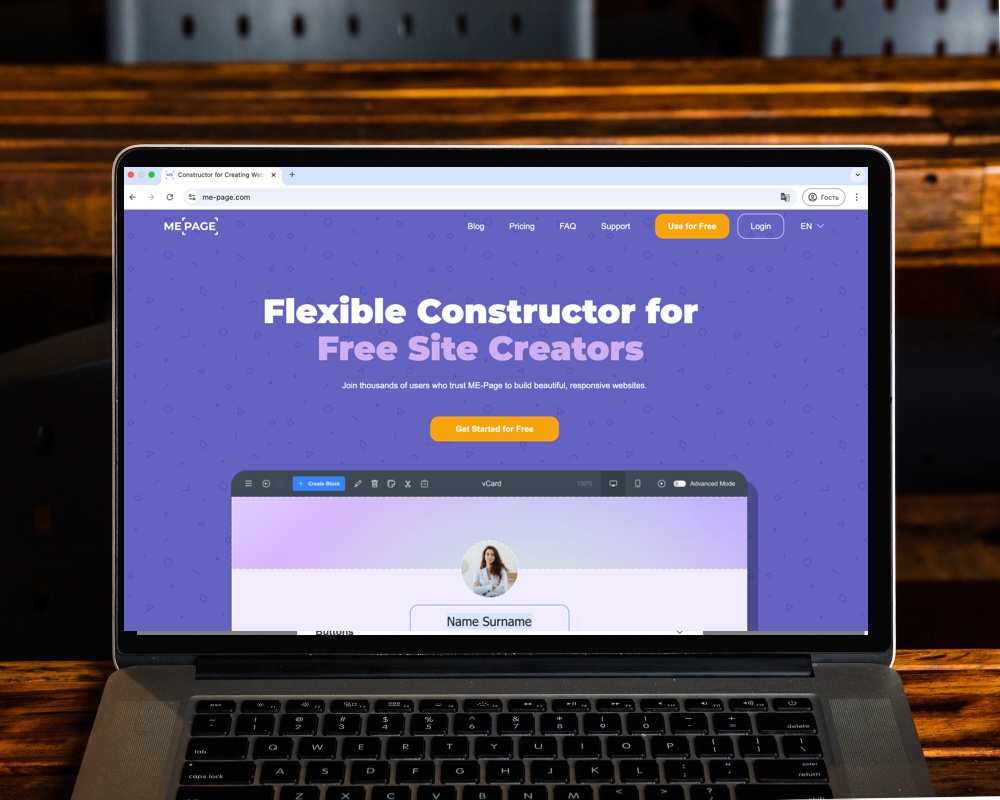Blog Test Author 1
Last modified 10 Jan 2026
Article Plan
- Why Website Speed Matters for SEO
-
10 Page Speed Tips to Boost Performance
- 1. Compress and Resize Images
- 2. Use a Fast, Reliable Hosting Provider
- 3. Minimize HTTP Requests
- 4. Enable Browser Caching
- 5. Optimize Your Website Code
- 6. Use a Content Delivery Network (CDN)
- 7. Limit Heavy Plugins and Scripts
- 8. Prioritize Mobile Optimization
- 9. Reduce Redirects
- 10. Monitor Speed with Online Tools
- Conclusion
We’ve all been there: you click on a website, and it takes forever to load. Chances are, you hit the back button before the page even finishes. That’s exactly why website speed optimization is so important. A fast site keeps visitors happy and is also one of the top SEO ranking factors Google looks at.
The good news? You don’t need to be a developer or spend thousands of dollars to improve your website performance. Platforms like ME-Page already come optimized for speed, giving you a head start before you even begin tweaking.
Let’s explore 10 page speed tips you can implement quickly—without being a developer—to make your site faster, more user-friendly, and better optimized for search engines.
Why Website Speed Matters for SEO
User Experience and Bounce Rate
Your website is like your store’s front door. If customers have to wait outside, most won’t stick around. Studies show that even a 1-second delay in load time can reduce conversions by up to 7%. Speed is directly tied to user experience, and a poor experience drives people away.
Google’s SEO Ranking Factors
Google doesn’t want to send people to slow sites. Page speed has been a confirmed ranking factor for years. If your site is sluggish, not only do you lose visitors, but you’ll also slip lower in search results. That’s why website speed optimization is an SEO must-do.10 Page Speed Tips to Boost Performance
1. Compress and Resize Images
Large, unoptimized images are the #1 cause of slow websites. Every oversized photo adds unnecessary weight to your page. The fix? Compress images using tools like TinyPNG or Squoosh and make sure they’re resized to fit your layout. On platforms like ME-Page, images are automatically optimized for performance, which saves you time and effort.
2. Use a Fast, Reliable Hosting Provider
Hosting is the foundation of your website. Cheap shared hosting means your site is competing for resources with hundreds of others. That leads to lag. If speed is important (and it is), invest in a quality host. Alternatively, use an all-in-one platform like ME-Page, which provides fast, reliable hosting already built into its service.

3. Minimize HTTP Requests
Every element on your site—images, fonts, CSS, scripts—creates an HTTP request. The more requests, the slower the site. To reduce them, combine CSS and JavaScript files, use icons instead of multiple small images, and keep design simple. Cutting down unnecessary requests makes your site load much quicker and directly improves SEO ranking factors. Using a clean ME-Page template helps cut down these requests automatically.
4. Enable Browser Caching
When a visitor loads your site for the first time, their browser downloads images, scripts, and styles. With browser caching enabled, repeat visitors don’t have to reload everything—they only load new or updated files. That means your site feels lightning fast the second time someone visits. This is one of the most powerful page speed tips to keep users engaged. If you’re using ME-Page, caching is built-in, so your site automatically benefits.
5. Optimize Your Website Code
Bloated code slows everything down. By “minifying” HTML, CSS, you remove unnecessary spaces, comments, and formatting that browsers don’t need. The result? Leaner code and faster load times. Many caching plugins and speed tools can do this automatically, making website speed optimization easy, even if you’re not technical. With ME-Page, you don’t even have to touch the code—it’s already optimized behind the scenes.
6. Use a Content Delivery Network (CDN)
A CDN is like having multiple “mini-copies” of your site around the world. Instead of forcing someone in Asia to load your site from a server in New York, the CDN delivers it from the closest server. That cuts down latency and makes your site load faster worldwide. If you’re building an audience beyond your local area, a CDN is one of the best page speed tips to implement. Many platforms, including ME-Page, integrate CDN technology to ensure global users enjoy fast load times.
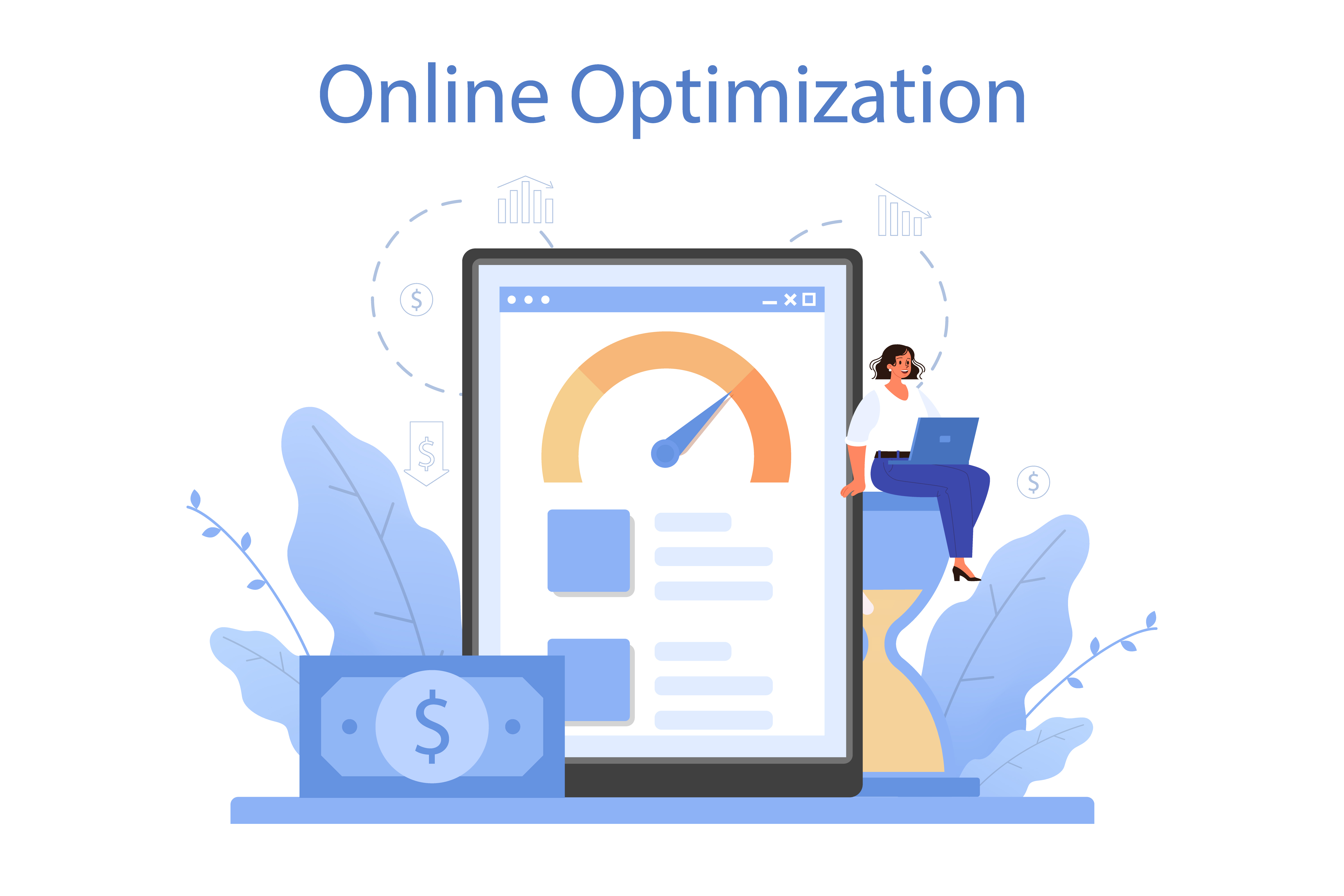
7. Limit Heavy Plugins and Scripts
Plugins are useful, but too many can slow your site to a crawl. Each one adds scripts, styles, and database queries. Audit your site regularly and remove plugins you don’t really need. The same goes for third-party scripts like popups, chatbots, or ad trackers—keep only the essentials. A leaner site = better website speed optimization. With ME-Page, this problem is solved—you don’t rely on bulky plugins at all since most functionality is already included.
8. Prioritize Mobile Optimization
Over 60% of traffic today comes from mobile devices. Google also ranks based on mobile performance first (mobile-first indexing). If your mobile site is clunky and slow, your SEO will suffer. Use responsive design, optimize images for mobile, and test your site on different devices. Prioritizing mobile isn’t optional anymore—it’s one of the key SEO ranking factors. Using a responsive platform like ME-Page ensures your website looks and performs great on phones, tablets, and desktops—without extra effort.9. Reduce Redirects
Redirects are like detours—they take users on an extra trip before reaching the final destination. While some redirects are necessary (like moving from HTTP to HTTPS), too many create delays. Audit your redirects and remove chains or loops. This small tweak can shave seconds off your load time and improve both user experience and SEO. With a well-structured builder like ME-Page, you won’t run into unnecessary redirect issues in the first place.
10. Monitor Speed with Online Tools
You can’t fix what you don’t measure. Use tools like Google PageSpeed Insights, GTmetrix, or Pingdom to test your site regularly. These tools don’t just give you a score; they provide actionable page speed tips tailored to your site. Treat these reports as a checklist for ongoing website speed optimization. If you’ve built your site with ME-Page, you’ll notice it already passes many of the top speed checks out of the box.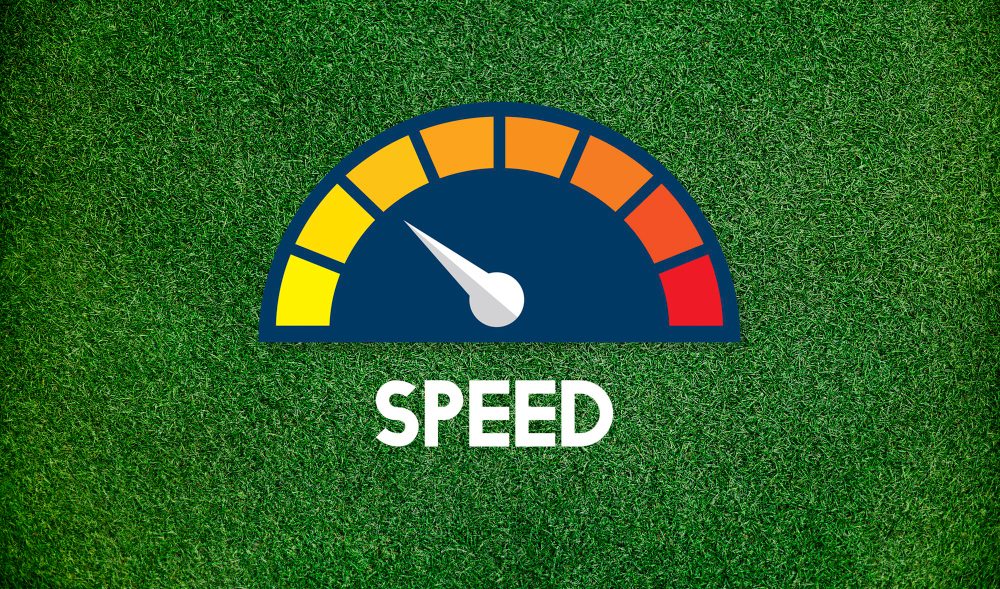
Conclusion
A fast website isn’t just nice to have—it’s essential for online success. If your site is slow, you’re losing visitors, hurting conversions, and falling behind in search results. By applying these 10 quick fixes for website speed optimization, you can make your site faster, more user-friendly, and better aligned with SEO ranking factors.
The best part? Many of these improvements are simple. Compressing images, enabling caching, and limiting plugins can be done in a day. Bigger changes like upgrading hosting or adding a CDN may take more planning, but the payoff is huge.
Of course, if you want a shortcut, you can skip most of the technical hassle by building your site with ME-Page. It’s designed with speed and SEO in mind, offering optimized templates, built-in hosting, mobile responsiveness, and caching—all ready to go. That way, you can focus on content and growing your audience instead of wrestling with code or plugins.
Remember: every second counts. Your visitors don’t want to wait, and neither does Google. By following these page speed tips, and by using platforms like ME-Page, you’ll have a website that’s fast, professional, and built to rank higher in search results. Think of it like tuning up a race car—fine-tune the engine, remove unnecessary weight, and you’ll leave competitors in the dust.
Was This Article Helpful?
Click on a star to rate it!
Average Rating: 5/5
Voutes: 1


